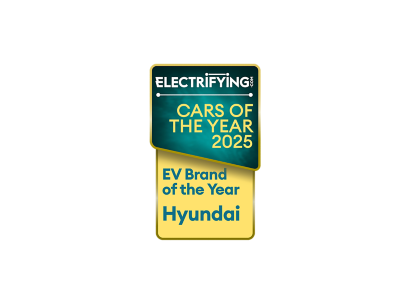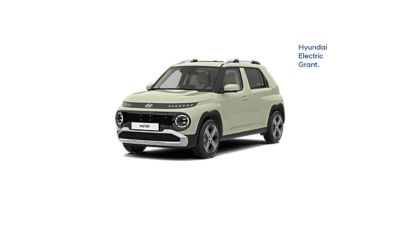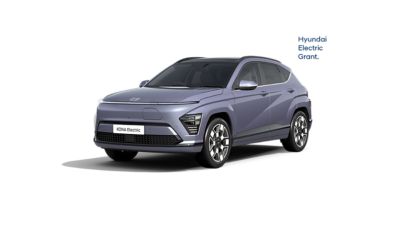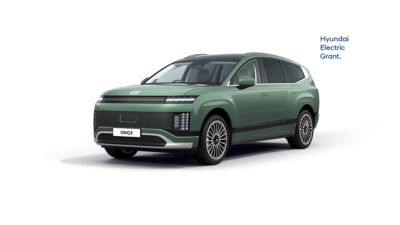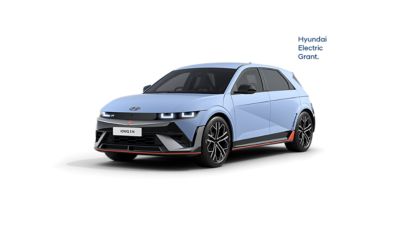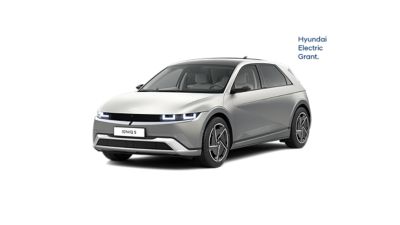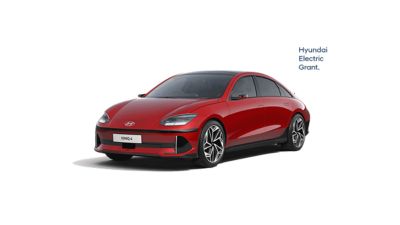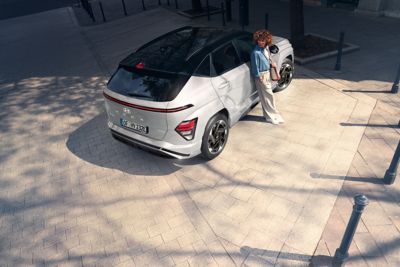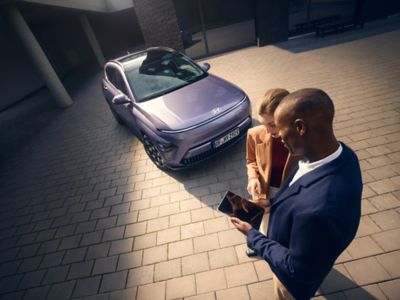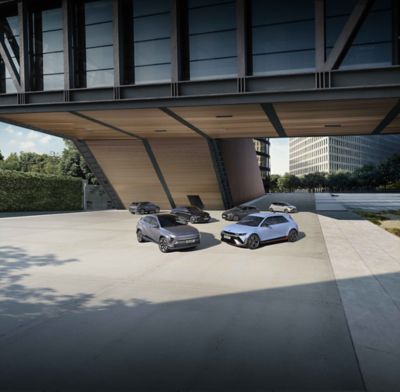Explore your curiosity for electric vehicles.
Hyundai’s innovative range of fully electric vehicles, also called battery electric vehicles (BEV/EV) – deliver smooth, torque-rich performance and zero tailpipe emissions.
Discover which is right for you with an extended 24hr test drive.
Models.
All-electric.
Hyundai Electric Grant
The Hyundai Electric Grant offers you £3,750 off the all-new INSTER and £1,500 off our other electric models, this includes KONA Electric, IONIQ 5, IONIQ 6, IONIQ 5 N, and our latest electric model, IONIQ 9.*
E-Mobility.
Why go electric?
FAQ.
The charging time of an electric car varies depending on several factors such as the size of the battery, the charging power, and the type of charger used. Let's take the Hyundai IONIQ 5 as an example. Its 800V battery system and as a range of up to 354 miles1 long-range 84 kWh battery rear-wheel drive. It supports charging at up to 350 kW at a DC ultra-fast charging station.
All our Hyundai electric vehicles are flexible when it comes to charging, you can charge at home overnight or top up at a fast charging station on the road in just minutes. The charging time of your electric vehicle will be different depending on if you use a domestic socket, a home charging station such as a wall box or a public fast charging station.
Learn more about charging here.
Just as there are many factors that affect the fuel efficiency of an internal combustion engine like petrol or diesel, the total electric driving range will be affected by the size of the battery, your driving style, the outside temperature, the use of air conditioning and heating, the number of passengers you are carrying and more.
That said, if we take the Hyundai IONIQ 6 as an example, it gives you a driving range of 338 miles2 when equipped with the 77 kWh battery version (RWD) according to WLTP cycle.

